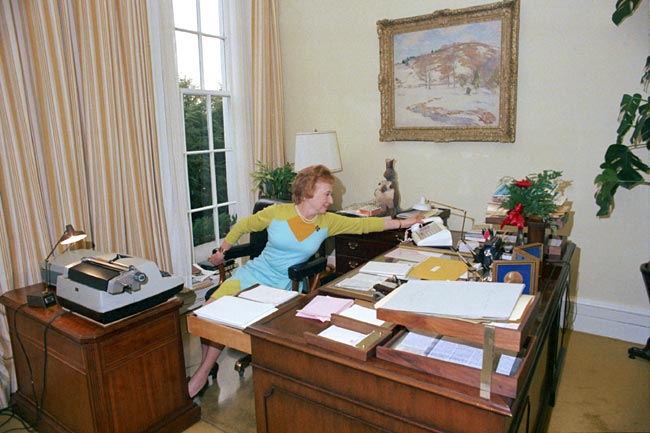Much has been made of the similarities of the Watergate scandal to that of Operation Fast and Furious. Both involved a president invoking executive privilege, both involved shady attorneys general, and both have involved a concerted effort at cover-up. Of course, it should be noted that no one died as a result of the Watergate break-in and over-up.
Reading a post on CleanUpATF.org I came across another interesting link between the two scandals: they both had an ATF connection. The connection of Operation Fast and Furious to ATF is, of course, well established. However, it wasn’t until I read the obituary for Jack Caulfield who died on June 21st that I came across the ATF connection.
Caulfield played a role in Watergate as a messenger for the Nixon White House to the Watergate burglars. From his obituary in the New York Times:
Jack Caulfield, a former New York City police detective who died on Sunday in Vero Beach, Fla., at 83, was once a master of dirty tricks for the Nixon White House who had his biggest brush with history in the role of a messenger.
By all accounts, in January 1973, Mr. Caulfield met with James McCord Jr., a former C.I.A. officer and one of the burglars in the Watergate break-in, to tell him that the White House was prepared to grant him clemency, money and a job in return for not testifying against members of the administration and accepting a prison sentence.
Mr. Caulfield further told Mr. McCord that the president knew about their meeting and that its outcome would be transmitted to him.
Testifying before the Senate Watergate committee in 1973, Mr. McCord said he was told that the clemency offer had come from “the highest levels of the White House.” Mr. Caulfield also appeared before the panel.
The account appeared to link Nixon directly to efforts to cover up the White House’s involvement in the break-in at Democratic National Committee headquarters in June 1972, the event that would lead to Nixon’s downfall.
But Nixon denied the allegation, and transcripts of White House tapes did not show that he had been behind the offer. John W. Dean III, the White House counsel, told investigators that it was he who had authorized Mr. Caulfield to broach the matter with Mr. McCord, though Mr. Dean insisted that he had done so with the president’s knowledge.
Mr. McCord was one of the first to be convicted in the Watergate affair, on conspiracy, burglary and wiretapping charges. Mr. Caulfield was not charged.
At the time Caulfield met with James McCord, he was the Assistant Director for Criminal Enforcement for ATF. He describes his role at ATF in this piece for the Nixon Era Center at Mountain State University:
To back up a bit, a few months prior to Watergate, I left the White House after seeking and getting, via the President’s support, the dream U. S. Department of Treasury position, Assistant Director: Criminal Enforcement — Alcohol, Tobacco, and Firearms. It was the start of a second, promising career and I enjoyed a terrific first year there with big plans underway to remake the moribund “revenuer” agency, containing over 1,500 Federal agents, into a first-class Federal law enforcement entity with a sharp focus on the firearms/explosives end of what was then a dawning (and disturbing) political terrorist trend. Additionally, I felt certain, based on my one-of-a-kind White House experience/connections, that I could provide the agency with the same Washington “clout” as enjoyed by the U.S. Secret Service.
But it was over in a New York minute when McCord decided in March ’73 (nine months after his arrest), to save himself from major (Sirica threatened) jail time by publicly turning on campaign committee associates and others. In that process, he caused the Watergate case under Sirica and other judges to cascade into a plethora of prosecutions, ruined reputations, and lost jobs – which included my prized ATF position, a casualty of the above alluded-to Dean/McCord message.
What struck me about Caulfield’s plans for ATF was how closely it corresponds to the efforts of the current ATF managers – especially the William Newell’s and David Voth’s – to grab attention for ATF. Some things it seems never change.

